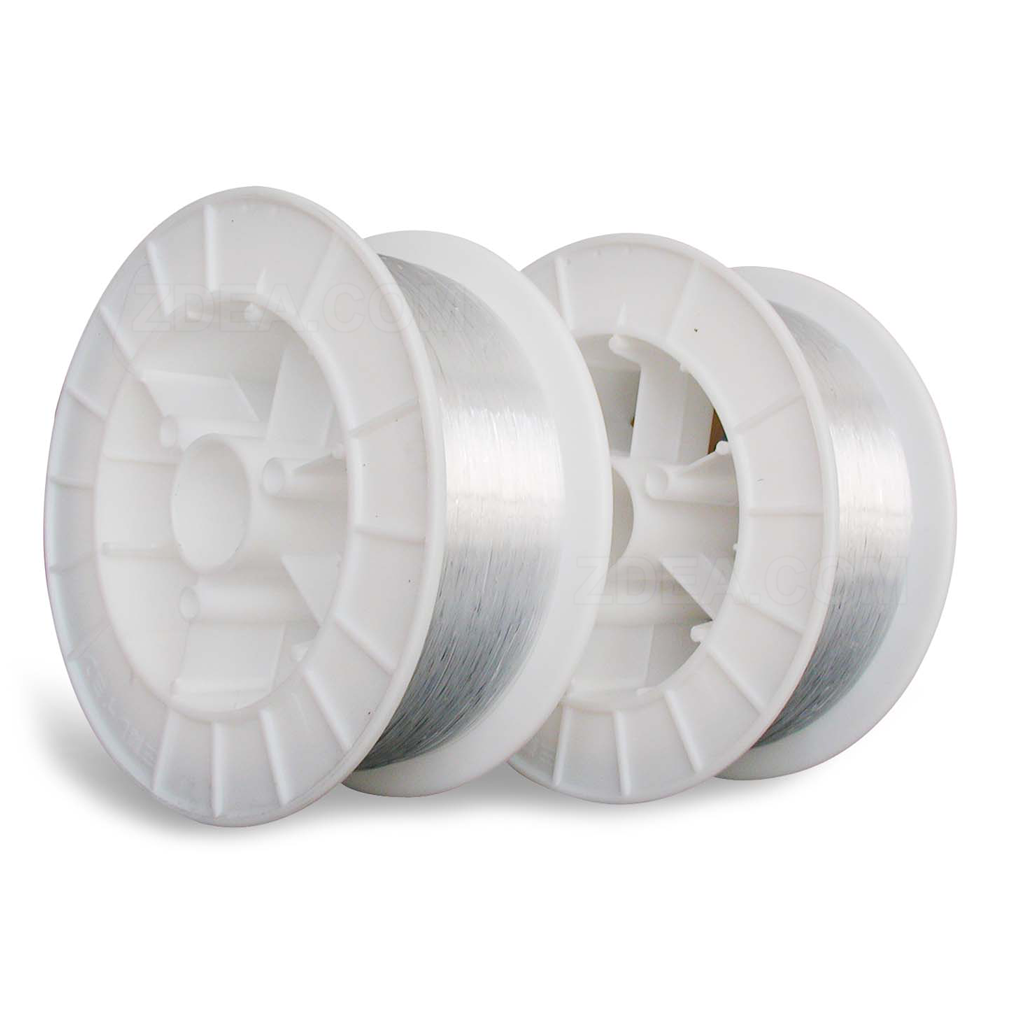Common Issues with PMMA Fiber Optic Lighting and How to Fix Them
Common Issues with PMMA Fiber Optic Lighting and How to
Fix Them
PMMA fiber optic lighting systems offer unique advantages in terms of flexibility and design creativity. However, like any technology, they come with their share of common issues that users may encounter. Understanding these issues and knowing how to address them can significantly enhance the reliability and performance of your PMMA fiber optic setup.

1. Light
Intensity Loss
Issue: Over time, PMMA fiber optic cables may experience light intensity
loss, resulting in dimmer illumination than initially installed.
Solution: Regular maintenance is crucial to prevent light intensity loss.
Ensure that fiber optic cables are clean and free from dust or debris, which
can obstruct light transmission. Periodically check and replace damaged or
worn-out fibers to maintain optimal light output.
2. Color
Fading
Issue: PMMA fiber optic lighting may suffer from color fading, where the
vibrant colors initially achieved diminish over extended use.
Solution: Utilize high-quality PMMA fibers that are resistant to UV damage,
which can accelerate color fading. Additionally, choose light sources that emit
minimal heat to reduce the risk of color degradation over time.
3. Mechanical
Damage
Issue: PMMA fiber optic cables are susceptible to mechanical damage, such
as bending or crushing, which can disrupt light transmission.
Solution: Handle fiber optic cables with care during installation and
maintenance. Use proper cable management techniques to avoid sharp bends or
excessive tension that could damage the fibers. Consider protective sheathing
for outdoor installations to safeguard against physical impact.
4. Heat
Build-up
Issue: Excessive heat buildup near light sources or within confined spaces
can affect the performance and lifespan of PMMA fiber optic systems.
Solution: Ensure adequate ventilation around light sources to dissipate heat
effectively. Use heat-resistant materials for housing or enclosures to minimize
heat transfer to the fiber optic cables. Regularly monitor ambient temperatures
and adjust ventilation as needed to maintain optimal operating conditions.
5. Moisture
Ingress
Issue: Moisture ingress into PMMA fiber optic cables can cause light
transmission issues and potentially damage the fibers.
Solution: Seal cable entry points and junctions effectively to prevent
moisture intrusion. Use weatherproofing techniques for outdoor installations
and consider using moisture-resistant cable materials where applicable.
Regularly inspect seals and gaskets for signs of wear or deterioration.
By addressing these common issues proactively, you can
enhance the reliability and longevity of your PMMA fiber optic lighting system.
Implementing regular maintenance practices and choosing high-quality components
are key to ensuring consistent performance and minimizing downtime.